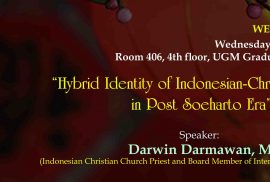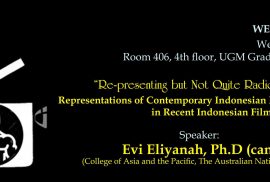
Abstract
Departed from the discussion of Religion and Science in the context of Islam and AIDS in this country, this research covers questions related to the complexity of AIDS realities in Indonesian Islam. Through the demonstration of the overlapping knowledge constructions of HIV & AIDS, this research does not only analyse the reciprocal influence of science and (religion) Islam at the level of knowledge constitution, but also accommodates the alternative medicines on AIDS as the synthesis and independent knowledge and reality.

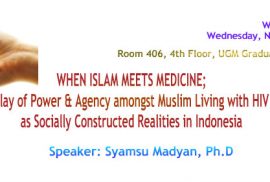
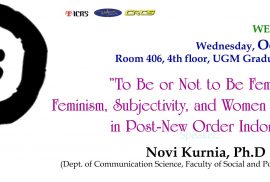

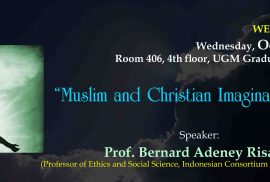

 As society changes, youth are taking on more significant roles as agents of peace building and the university is becoming a more important institutional actor. One consequence of the current context of the apparent increase in violence resulting from religious intolerance between Muslims and Christians, as seen in incidents that have occurred in several places carried out by certain religious groups, is the continuing anxiety across Indonesian society over religion and its role in social conflict. Thus, interfaith peacemaking is urgently needed.
As society changes, youth are taking on more significant roles as agents of peace building and the university is becoming a more important institutional actor. One consequence of the current context of the apparent increase in violence resulting from religious intolerance between Muslims and Christians, as seen in incidents that have occurred in several places carried out by certain religious groups, is the continuing anxiety across Indonesian society over religion and its role in social conflict. Thus, interfaith peacemaking is urgently needed.